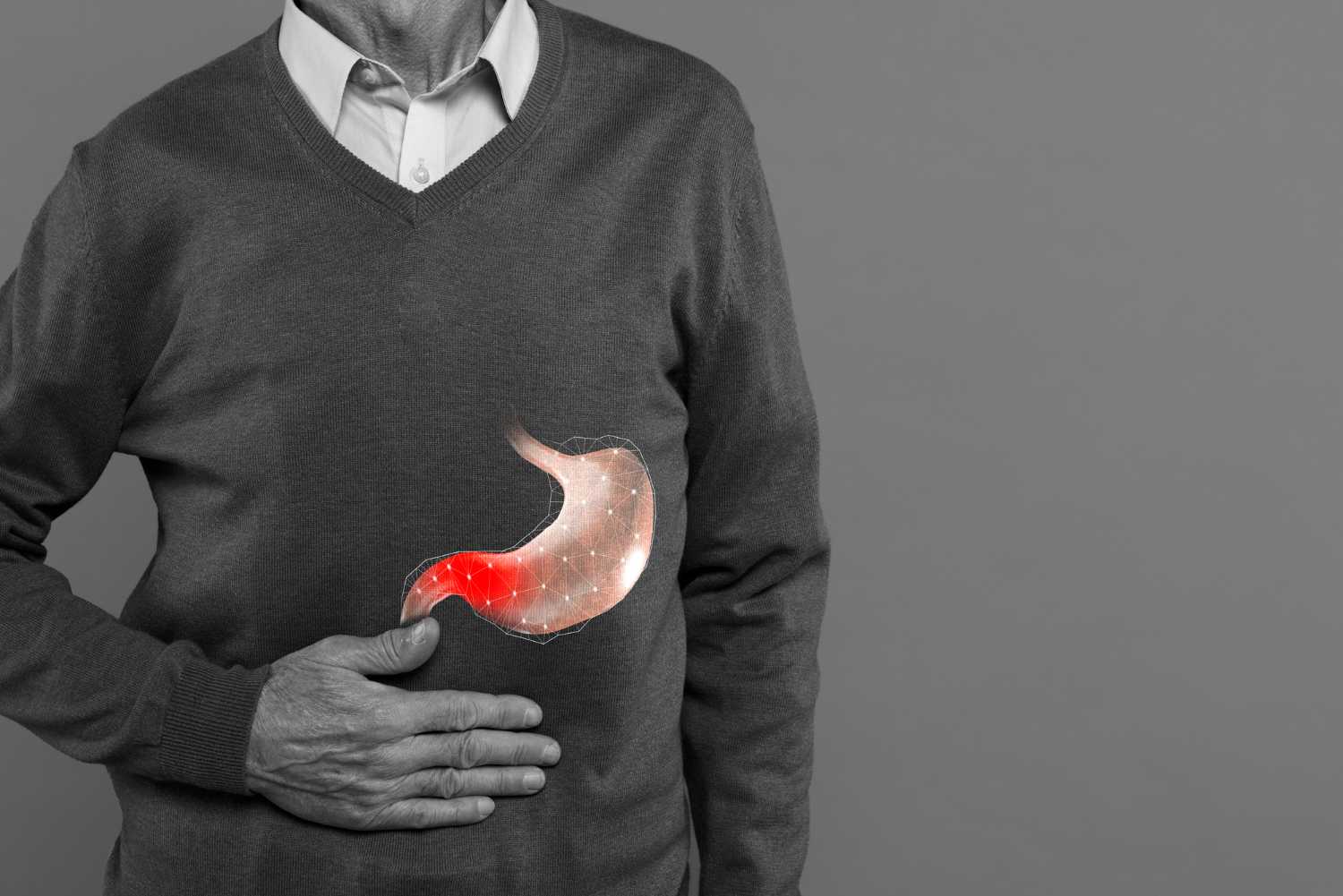If you are experiencing pain in the upper right abdomen, it is important to remain calm and consult a specialist. This pain can be due to several factors, but there is a possibility that it is caused by cholecystitis. If left untreated, inflammation can lead to gallbladder rupture, a serious and potentially life-threatening medical condition.
Below, we discuss the signs and symptoms of an impending gallbladder rupture. If you experience the symptoms described in this article, it is important to seek immediate medical attention. A burst gallbladder can be effectively treated with surgery, but it is best to consult a doctor before emergency surgery is needed.
What is a gallbladder rupture?
The gallbladder is a small organ located near the liver. It stores bile, a fluid produced in the liver. The gallbladder releases bile into the small intestine to help break down fats.
Gallbladder rupture is a medical condition in which the gallbladder wall leaks or bursts. Lacerations are usually caused by cholecystitis. This inflammation can be caused by stones, which can stick inside the gallbladder. Infection can also cause inflammation that may lead to rupture. In rare cases, an injury can lead to a rupture.
When it bursts or ruptures, you may feel sudden, severe abdominal pain. The pain may be short-lived after the rupture. But the pain often returns when the site of the tear grows larger, becomes inflamed or infected.
Causes of gallbladder rupture
Lacerations are usually caused by cholecystitis or acute injury.
Causes of gallbladder inflammation leading to rupture include:
- Stones, which are the most common cause of inflammation
- Ascariasis, which is caused by parasitic worms and can lead to biliary disease
- Bacterial infections, such as those caused by Escherichia coli, Klebsiella, or Streptococcus faecalis
- Bile sludge, which is a mixture of bile and particles that can clog the gallbladder
Symptoms of a burst gallbladder that you should be careful of
Gallbladder burst is rarely caused by an abdominal injury. Most often, they are caused by gallstones, bacterial infections, ascariasis, or bile sludge. Since gallbladder rupture is caused by cholecystitis, you should watch for the following symptoms:
- Pain in the upper right part of the abdomen
- Belly pain
- Vomiting and nausea
- Possible fever and chills
- Yellowing of the skin
If you are experiencing the above symptoms, you likely have acute or chronic cholecystitis. Acute cholecystitis is a sudden inflammation that, if left untreated, can lead to chronic inflammation.
Risks of gallbladder rupture
The main risk of gallbladder Rupture is infection, which can lead to sepsis. Sepsis is a life-threatening condition in which your body creates a dysregulated response to an infection. Essentially, your body is hurting itself while trying to attack the infection. Sepsis can lead to tissue damage, organ failure, and death, which is why it's so important to seek medical treatment if you have symptoms of a burst gallbladder.
Complications
Symptoms of gallbladder rupture should be taken seriously. Bile is not supposed to be released into the abdominal cavity. One of the most fatal complications of gallbladder rupture with associated infection is sepsis. In this case, your body may go into shock or your organs may stop working if you don't get treatment quickly. Your risk of developing this type of complication is higher if you have a weaker immune system.
Consult a medical professional for diagnosis and treatment
If you are experiencing symptoms of impending gallbladder rupture , the best thing you can do is consult a medical professional. Your outlook will be much more promising if your gallbladder can be removed before it ruptures.
Although abdominal pain may be the result of something benign, it is important to consult a specialist to avoid the complications mentioned above.
Source: أعراض انفجار المرارة





